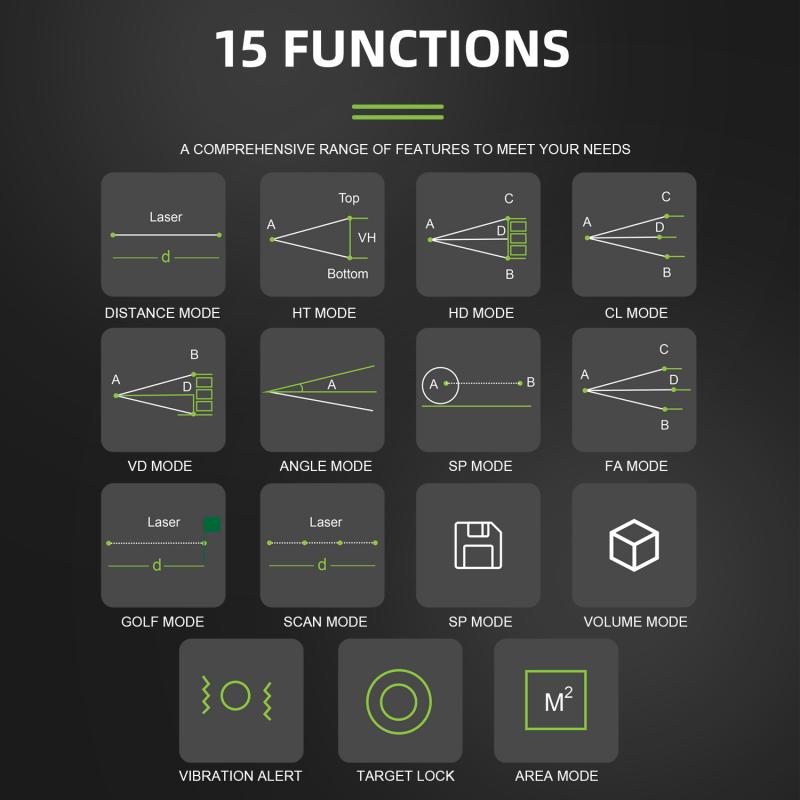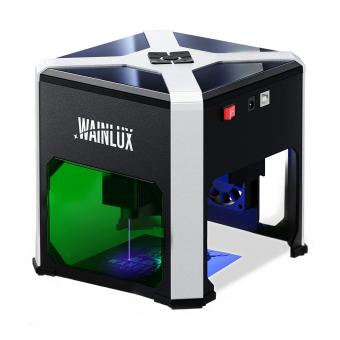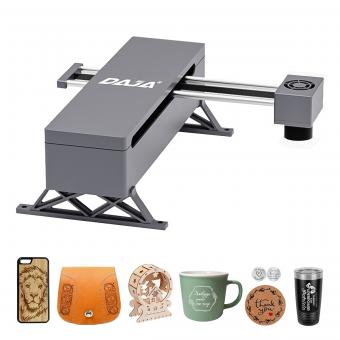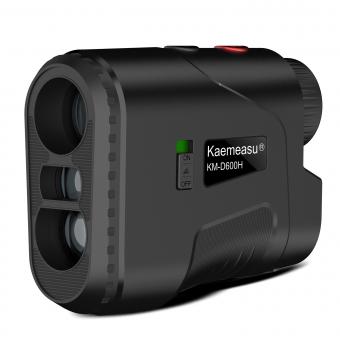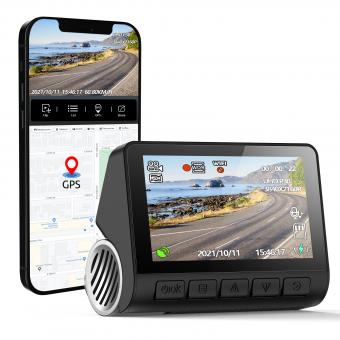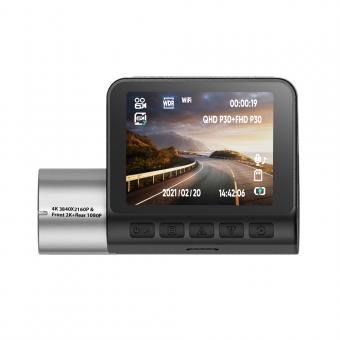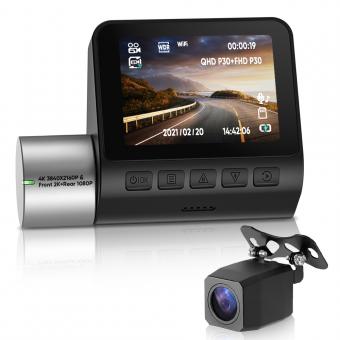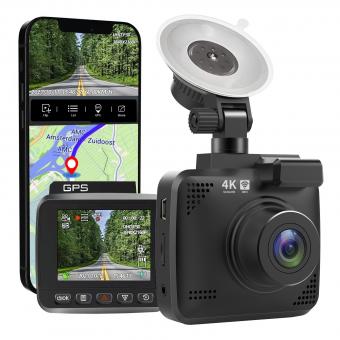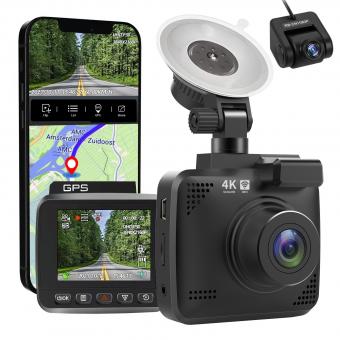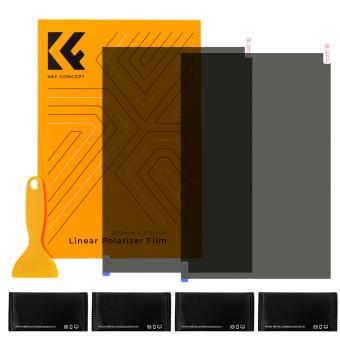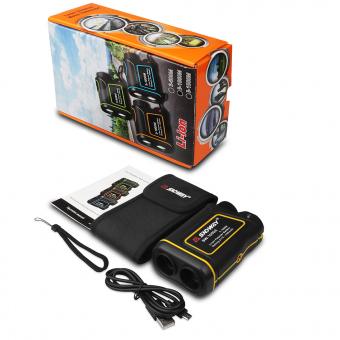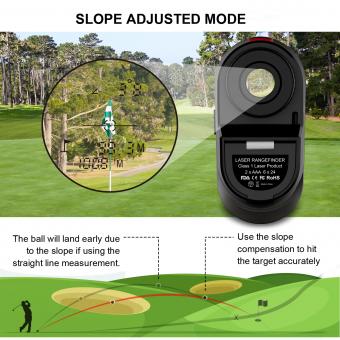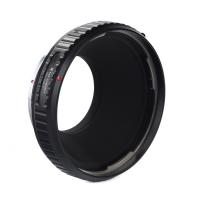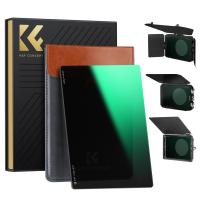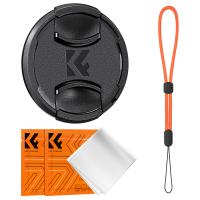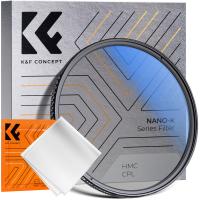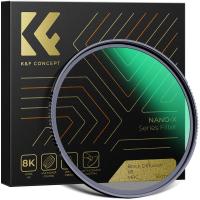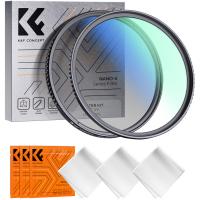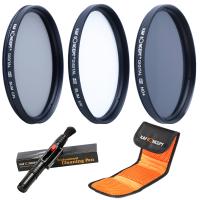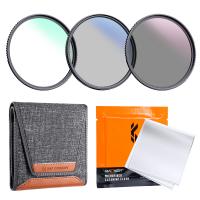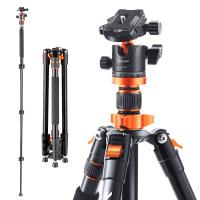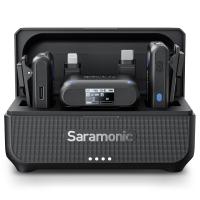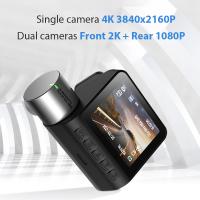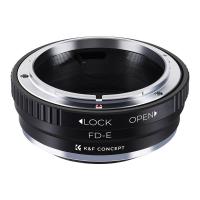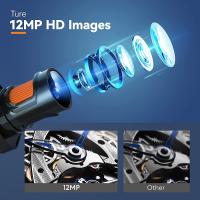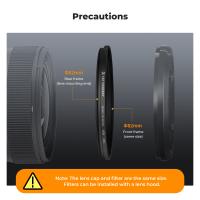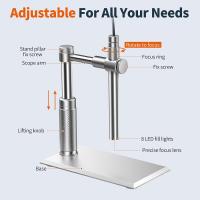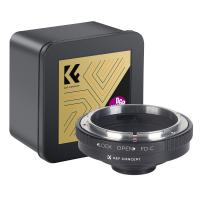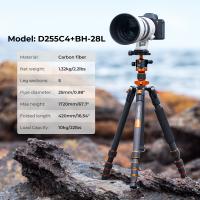Which Is Better Laser Rangefinder Or Gps ?
The choice between a laser rangefinder and GPS depends on the specific needs and preferences of the user. Laser rangefinders use laser technology to measure distances to a target, providing accurate and instantaneous readings. They are commonly used in activities like golfing, hunting, and surveying. GPS, on the other hand, relies on satellite signals to determine precise locations and distances. It offers additional features like mapping, navigation, and tracking. GPS devices are widely used in outdoor activities, such as hiking, camping, and geocaching. Ultimately, the better option will depend on factors such as the intended use, accuracy requirements, ease of use, and personal preference.
1、 Accuracy: Comparing the precision of laser rangefinders and GPS devices.
Accuracy: Comparing the precision of laser rangefinders and GPS devices.
When it comes to accuracy, both laser rangefinders and GPS devices have their strengths and weaknesses. Laser rangefinders use a laser beam to measure the distance between the device and the target, providing precise measurements. On the other hand, GPS devices rely on satellite signals to determine location and distance, which can sometimes introduce errors.
Laser rangefinders are known for their high level of accuracy, especially when it comes to short-range measurements. They can provide measurements with an accuracy of within a few inches, making them ideal for activities such as golfing, hunting, or surveying. However, laser rangefinders require a clear line of sight to the target, and obstacles such as trees or buildings can interfere with the accuracy of the measurements.
GPS devices, on the other hand, offer the advantage of being able to provide distance measurements without the need for a direct line of sight to the target. They can be used in various outdoor activities, such as hiking or geocaching, where obstacles may be present. However, GPS devices are generally less accurate than laser rangefinders, with accuracy ranging from a few feet to several yards. This can be attributed to factors such as signal interference, satellite positioning errors, or the quality of the GPS device itself.
It is worth noting that advancements in technology have led to improvements in both laser rangefinders and GPS devices. Some laser rangefinders now incorporate GPS technology to enhance accuracy by combining the benefits of both systems. Similarly, GPS devices have become more accurate with the introduction of technologies like Differential GPS (DGPS) or Real-Time Kinematic (RTK) positioning.
In conclusion, when it comes to accuracy, laser rangefinders generally offer higher precision than GPS devices. However, the choice between the two depends on the specific application and the user's requirements. For activities that demand utmost precision, such as professional surveying or competitive golfing, a laser rangefinder may be the better option. On the other hand, for activities where convenience and versatility are more important, a GPS device may suffice.
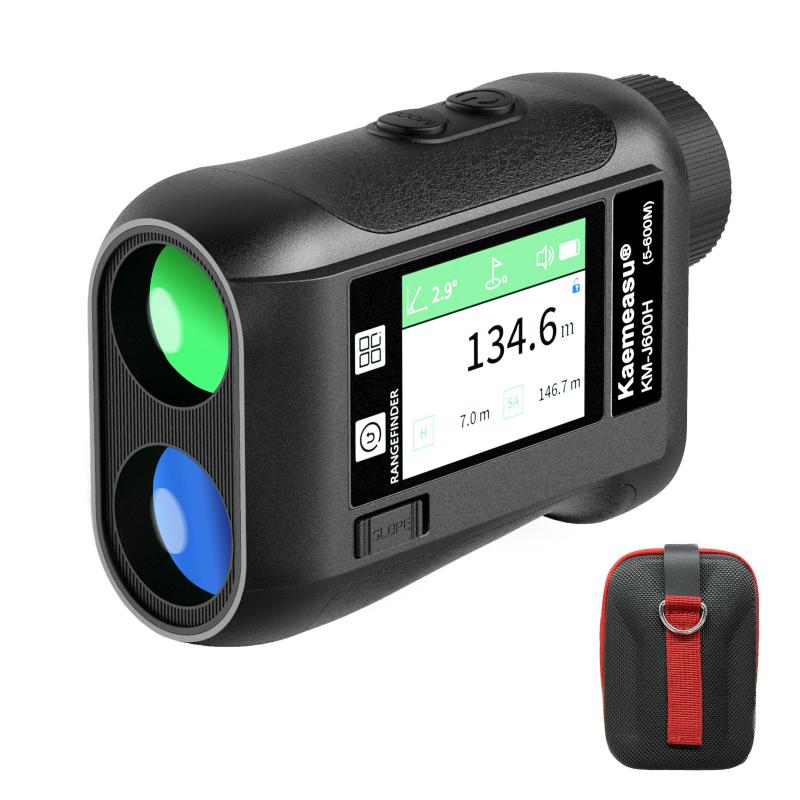
2、 Range: Examining the maximum distance capabilities of laser rangefinders and GPS.
Which is better, a laser rangefinder or GPS? To answer this question, we need to examine the maximum distance capabilities of both devices.
Laser rangefinders use a laser beam to measure the distance between the device and a target. They are known for their accuracy and precision, especially when it comes to short to medium-range distances. Laser rangefinders can typically measure distances up to several hundred yards, making them ideal for activities like golfing, hunting, and surveying. However, their effectiveness decreases over longer distances, as factors like atmospheric conditions and target reflectivity can affect their accuracy.
On the other hand, GPS (Global Positioning System) devices use satellite signals to determine the user's location and calculate distances. GPS technology has significantly evolved over the years, and modern devices can provide accurate distance measurements over long distances. GPS devices are particularly useful for navigation, hiking, and outdoor activities where precise location information is required. They can calculate distances up to thousands of miles, making them suitable for long-distance travel and exploration.
In terms of maximum distance capabilities, GPS devices have the edge over laser rangefinders. However, it's important to note that each device has its own strengths and weaknesses, and the choice between the two depends on the specific requirements of the user. For short to medium-range distances and activities that demand high accuracy, a laser rangefinder may be the better choice. On the other hand, for long-distance measurements and navigation purposes, GPS devices are more suitable.
It's worth mentioning that technological advancements are constantly improving the capabilities of both laser rangefinders and GPS devices. Manufacturers are working on enhancing the accuracy and range of laser rangefinders, while GPS technology continues to evolve with features like real-time tracking and augmented reality overlays. Therefore, it's essential to consider the latest developments and compare the specific features and functionalities of each device before making a decision.
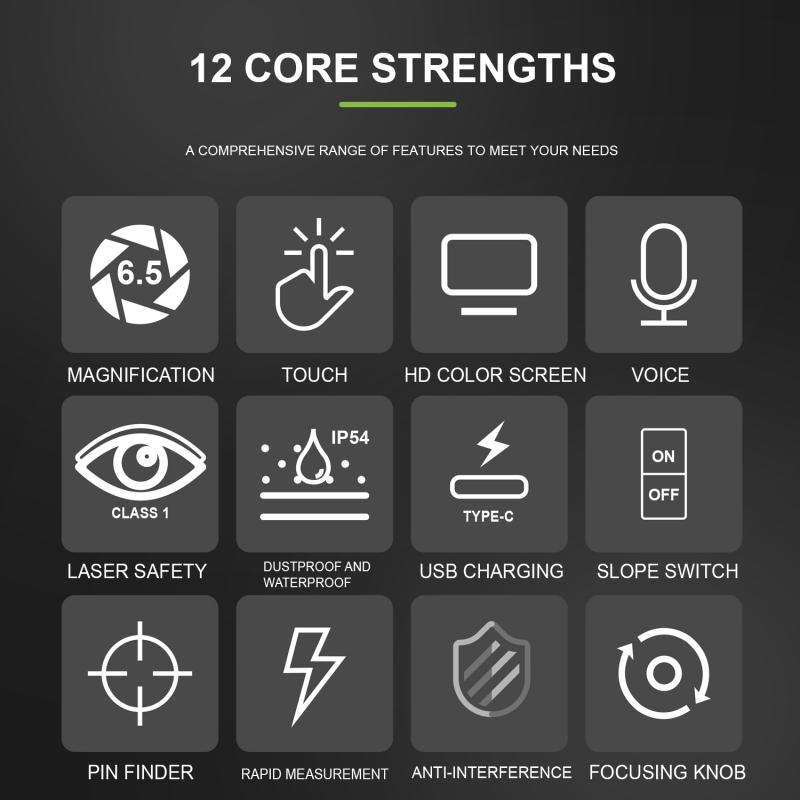
3、 Environmental Factors: Considering how laser rangefinders and GPS perform in different conditions.
Environmental Factors: Considering how laser rangefinders and GPS perform in different conditions, it is difficult to definitively say which is better. Both technologies have their strengths and weaknesses, and the choice between them depends on the specific requirements of the user and the environmental factors at play.
Laser rangefinders are known for their accuracy and precision. They use laser beams to measure distances, making them highly reliable in most conditions. They are particularly useful in open areas with clear visibility, such as golf courses or open fields. However, laser rangefinders can be affected by environmental factors such as fog, rain, or dust, which can interfere with the laser beam and reduce accuracy. Additionally, laser rangefinders require a direct line of sight to the target, which can be a limitation in certain situations.
On the other hand, GPS technology relies on satellite signals to determine location and distance. GPS devices are generally more versatile and can be used in various environments, including dense forests or urban areas. They do not require a direct line of sight to the target, making them suitable for measuring distances through obstacles. However, GPS accuracy can be affected by factors such as tall buildings, dense foliage, or poor satellite reception. Additionally, GPS devices may have a slight delay in providing measurements, which can be a disadvantage in time-sensitive situations.
It is worth noting that both laser rangefinders and GPS devices have seen advancements in recent years. Laser rangefinders now come with features like slope compensation and target-locking technology, enhancing their usability. GPS devices have also improved in terms of accuracy and speed, with the integration of multiple satellite systems like GPS, GLONASS, and Galileo.
In conclusion, the choice between a laser rangefinder and GPS depends on the specific needs and environmental factors. Laser rangefinders excel in accuracy and precision but can be affected by weather conditions and require a direct line of sight. GPS devices offer versatility and can work in various environments but may be affected by obstacles and have a slight delay. Ultimately, it is important to consider the specific requirements and conditions before determining which technology is better suited for a particular situation.
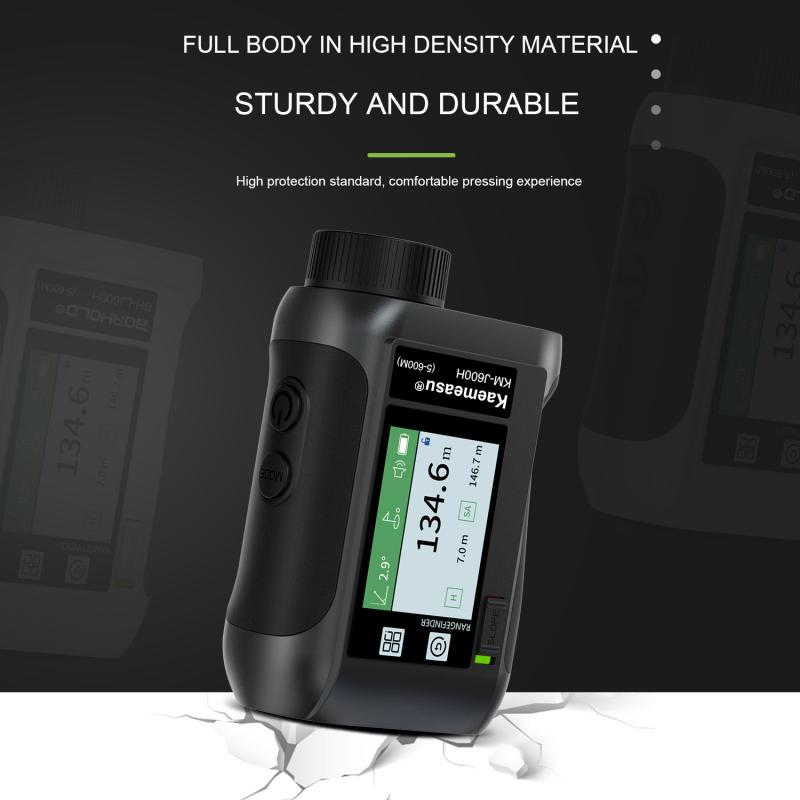
4、 Ease of Use: Evaluating the user-friendliness of laser rangefinders and GPS devices.
Which is better, a laser rangefinder or GPS device? The answer to this question depends on various factors, including the specific needs and preferences of the user. One important aspect to consider is the ease of use of these devices.
Laser rangefinders are known for their simplicity and straightforward operation. They typically feature a viewfinder and a button to measure distances. Users simply point the device at the target and press the button to obtain accurate distance measurements. This ease of use makes laser rangefinders a popular choice for golfers, hunters, and outdoor enthusiasts who require quick and precise distance readings.
On the other hand, GPS devices offer a different set of advantages. They provide not only distance measurements but also detailed maps, course layouts, and other useful information. GPS devices rely on satellite signals to determine the user's location and calculate distances. While they may require initial setup and calibration, once configured, GPS devices can provide accurate and reliable data.
In recent years, there have been significant advancements in GPS technology, leading to improved accuracy and faster signal acquisition. Additionally, many GPS devices now offer touchscreen interfaces and user-friendly menus, making them more intuitive to use.
Ultimately, the choice between a laser rangefinder and GPS device comes down to personal preference and specific requirements. If simplicity and quick distance measurements are the primary concern, a laser rangefinder may be the better option. However, if detailed maps and additional features are desired, a GPS device would be more suitable.
It is worth noting that some golfers and outdoor enthusiasts prefer to use both devices in combination. This allows them to benefit from the strengths of each device and have a backup option if one fails or is not suitable for a particular situation.
